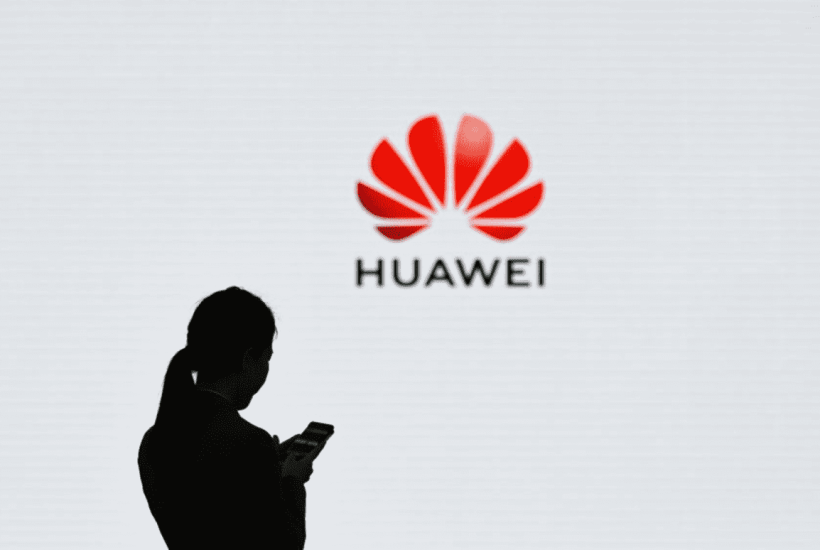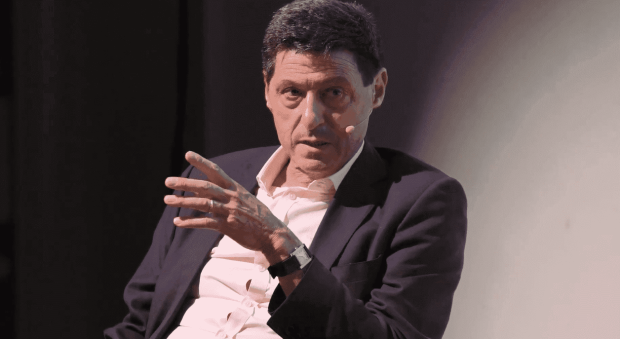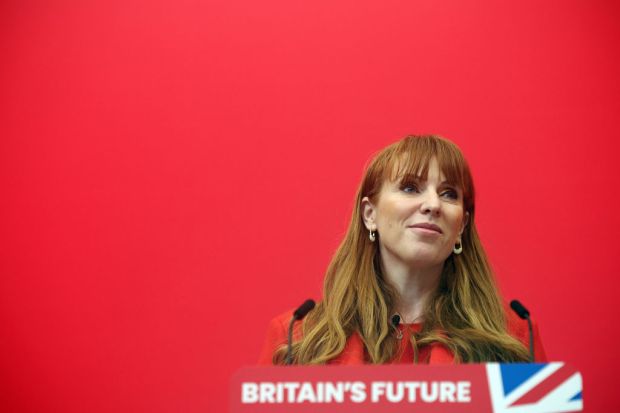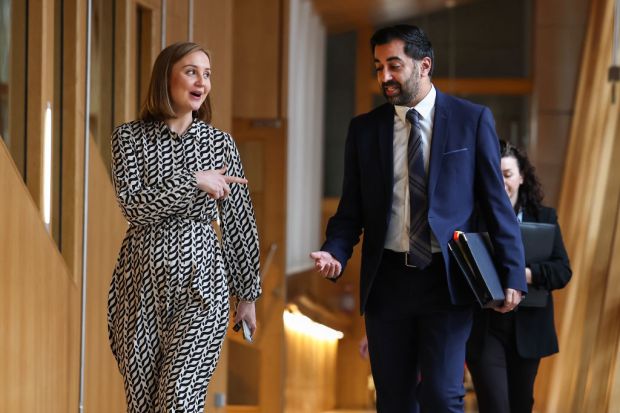British universities have received twice as much funding from Huawei as previous estimates suggest, according to new figures obtained by The Spectator. Freedom of Information requests sent by Steerpike show that a further £28.7 million has been received from the Chinese tech giant by nine leading UK universities, on top of the sums identified in a landmark report by the China Research Group in June. By far the biggest recipient of donations and research grants is Cambridge University which has taken £25.7 million from Huawei alone since 2016.
Huawei has been banned from participating in Britain’s 5G network from 2027 amid security concerns. Last year MPs on the Commons Defence Select Committee claimed in a report that Huawei is ‘strongly linked to the Chinese state and the Chinese Communist Party despite its statements to the contrary’, citing its ownership model and the subsidies it has received. The Chinese telecoms giant has repeatedly denied that it is controlled or linked to the Chinese regime.
Cambridge’s links to the company have come under increasing scrutiny in the past two years. In February 2020, constituent college Jesus published a report about telecommunications reforms which praised Huawei and carried a foreword from Stephen Toope, university Vice-Chancellor. Five months later Jesus admitted receiving £150,000 from the company for the report alongside £200,000 for its Dialogue Centre from a branch of the Chinese State Council. In September 2021 Huawei was accused of ‘infiltrating’ a Cambridge research centre after most of its academics were found to have ties to it.
Now Mr S has discovered that Cambridge has taken 31 research grants over the past five years, worth a total of £18.3 million or an average of £592,000 each. The largest sum was £2,9 million in February 2018; some £5.7 million has been granted since the Jesus controversy began in February last year. Cambridge also took £7.4 million in donations from Huawei over three different financial years since 2016. While the university refused to release annual figures, it disclosed that donations totalled between £50,000 to £99,000 in 2016/17, £5.5 million to £9.9 million in 2018/19 and £1 million to £4.9 million in 2020/21.
The overall total of £25.7 million accepted by Cambridge is all the more notable in light of Oxford’s 2018 announcement that the university would no longer accept funding from Huawei. A similar Freedom of Information request by Steerpike found that Oxford received between £500,000 to £2.49 million in philanthropic support and grants from Huawei since 2016; exact figures were not provided by the university. Separately, the same request revealed that between £2 million to £4 million was also separately received by Oxford in donations from the China Scholarship Council, an arm of the Chinese Ministry of Education.
In June, a report by the China Research Group of hawkish Tory MPs found that twenty leading UK universities have collectively accepted more than £40 million in funding from Huawei and state-owned Chinese companies in recent years. On top of at least £26.2 million identified by Mr S gifted by Huawei to Oxford and Cambridge in donations and grants, a further £2.5 million has been given to seven other leading universities across the country from the same company since 2016.
Among those include the Royal College of Art which received £104,000 from Huawei in April 2017 and Queen Mary University London which has received £825,000 since October 2018 for its electronic engineering and computer science school from four branches of the Huawei empire: Huawei Device, Huawei Technologies and both its Irish and Swedish offshoots.
Separately, Queen Mary also received an average of approximately £19,000 per year since 2016 as contribution to funding of its Confucius Institute from Hanban, which is affiliated to the Chinese Ministry of Education. LSE meanwhile has partnered with the tech giants on two projects since 2017 while also accepting £589,000 in funding for its Confucius Institute for Business London from Hanban.
The recent scrutiny and political attention on Huawei does not appear to have put universities off taking money from them: Reading University is yet to receive any grant funding but will be given £50,300 for a 12-month research contract from Huawei, accepted in July 2021. Cardiff University took £1.2 million this January, on top of a previously reported £1.49 million since January 2017 from Huawei. Manchester and King’s College London have received £174,000 and £164,000 from the same source respectively since the China Research Group report; York has an additional £71,000 to declare.
Five further universities declined to reveal information about its Huawei funds on the grounds of commercial sensitivity. Liverpool University refused to disclose how much money it received for its research agreements with Huawei but noted such projects included both the Huawei Heart study and Liquid Antennas study. Citing existing contracts, Liverpool claimed disclosure would ‘be likely to prejudice the commercial interests of the university.’ Birmingham City meanwhile has a ‘non-active’ Huawei Academy which provides ‘free use of resources that have an in-kindvalue’ but refuses to disclose an estimate of their value.
Queen’s University Belfast meanwhile admitted that Huawei had two funded research projects over the past five years in September 2016 and March and July 2021. However it refused to say how much money was involved as it could ‘impact on future relations with Huawei and other research funders’ with the tech company including a ‘specific clause to protect the release of such information under contract’:
Unless required by law to do so or otherwise agreed, neither Party shall in any manner disclose to anythird party or publicly disclose or make public reference about the facts that the Parties (i) are discussingor intend to initiate discussions on the subject matter hereof or the possibilities to enter into any businessor other relationship; or (ii) have or have entered into or are contemplating to enter into or haveterminated any business or other relationship.
Exeter University went further, refusing to even say whether or not it had received funding from Huawei white citing existing contractual agreements identical to those of Leeds. Julia Pamilih, director of the China Research Group, told Steerpike: ‘This is more proof that it would be great for British universities to be a bit more transparent about the sources of their research funding. It’s in all of our interests to have a better picture of reliance and resilience when it comes to China.’
Will 2022 be the year we finally get that?
Got something to add? Join the discussion and comment below.
Get 10 issues for just $10
Subscribe to The Spectator Australia today for the next 10 magazine issues, plus full online access, for just $10.





















Comments
Don't miss out
Join the conversation with other Spectator Australia readers. Subscribe to leave a comment.
SUBSCRIBEAlready a subscriber? Log in